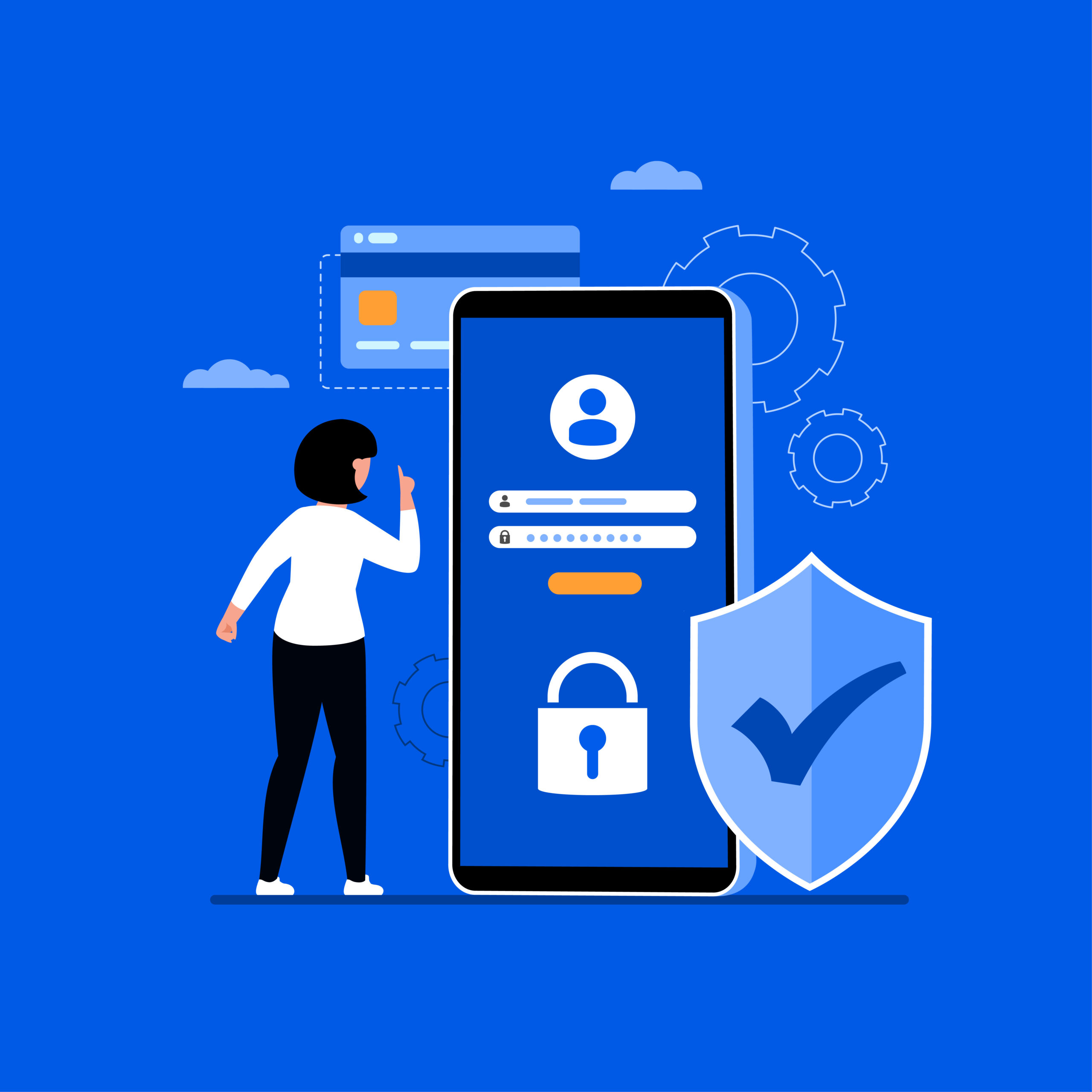With the increasing frequency of cyber threats and the growing demand for privacy, VPN servers have become an essential tool for safeguarding online activities. Whether you’re concerned about data security, privacy, or bypassing geo-restrictions, choosing the best VPN server is key to ensuring your internet use remains secure and unrestricted. In this comprehensive guide, we will explore everything you need to know about VPN servers, the features to look for, and how to choose the best one for your needs.
Introduction to VPN Servers
In today’s digital world, online privacy and security are critical concerns. A Virtual Private Network (VPN) offers a solution by encrypting your internet traffic and masking your IP address, making it harder for anyone to track or monitor your online activities. But the question remains: which VPN server is the best for you? Before diving into the specifics, let’s take a look at what a VPN server is, why you might need one, and how it works.
What is a VPN Server?
A VPN server is a server operated by a VPN provider, designed to create a secure and encrypted connection between your device and the internet. When you use a VPN server, your internet traffic is routed through the VPN server instead of your regular internet service provider (ISP). This process ensures that your data is encrypted and your true IP address is hidden, giving you an added layer of security and privacy.
Why Do You Need a VPN Server?
There are several reasons why someone might choose to use a VPN server:
- Privacy and Security: VPN servers encrypt your internet traffic, making it difficult for hackers or even your ISP to monitor your online activity. This is especially important when using public Wi-Fi networks, which are often vulnerable to security breaches.
- Bypassing Geo-Restrictions: Many websites, streaming services, and apps restrict access based on geographic location. VPN servers allow you to connect to a server in another country, enabling you to bypass these geo-restrictions and access content that may not be available in your region.
- Avoiding Censorship: In some countries, certain websites or services may be blocked. A VPN server helps you bypass this censorship by masking your IP address and making it appear as though you’re browsing from a different location.
- Preventing Bandwidth Throttling: Some ISPs limit your internet speed based on your online activities (such as streaming or gaming). With a VPN server, you can avoid throttling and maintain faster speeds.
How VPN Servers Work
VPN servers work by acting as intermediaries between your device and the internet. Here’s a simplified breakdown of the process:
- Connection Establishment: When you connect to a VPN server, your device sends a request to the VPN provider’s server.
- Encryption: The VPN server encrypts your data, creating a secure “tunnel” for your internet traffic. This ensures that no one can intercept or read your data.
- IP Address Masking: The VPN server assigns a new IP address to your device, masking your original IP address and location.
- Data Transmission: Your internet traffic is then sent through the encrypted tunnel to the destination server (website, app, etc.). Because the destination server sees the VPN’s IP address instead of your own, your online activity is kept private.
- Return Data: The destination server sends the requested data back to the VPN server, which decrypts it and forwards it to your device.
Key Features to Look for in the Best VPN Server
Not all VPN servers are created equal. When choosing the best VPN server, it’s important to consider several key features that can enhance your experience. Whether you’re looking for speed, security, or a specific server location, here’s what to keep in mind when comparing different VPN servers.
Speed and Performance
One of the most crucial factors when selecting a VPN server is the speed and performance of the connection. A good VPN server should offer fast speeds that allow you to browse, stream, and download content without noticeable lag. Some VPN servers can slow down your internet connection due to the encryption process, but the best providers minimize this impact.
When testing a VPN server, consider:
- Ping Time: A lower ping time means faster connection speeds and less delay.
- Download and Upload Speeds: Faster download and upload speeds are essential for activities like streaming, gaming, and downloading large files.
- Server Load: Servers that are heavily loaded with users may have slower speeds. Look for VPN providers with multiple servers to ensure you have access to a less crowded one.
Security and Encryption
The primary reason for using a VPN server is to enhance security. A VPN server should provide strong encryption protocols to protect your data. The best VPN providers offer AES-256 encryption, which is currently one of the most secure encryption methods available.
Other security features to look for include:
- Kill Switch: A kill switch ensures that your internet connection is cut off if the VPN server disconnects, preventing your data from being exposed.
- DNS and IP Leak Protection: These features prevent any data leaks that could reveal your real IP address or browsing activity.
Server Locations
The number and variety of server locations are another important feature of a VPN server. The more server locations a VPN provider has, the more options you’ll have to bypass geo-restrictions and access content from different countries.
Look for VPN providers that offer servers in the following regions:
- North America
- Europe
- Asia
- Australia
- South America
Having multiple server locations across different continents can also help you find a faster server with lower ping times.
User-Friendly Interface
A good VPN server should be easy to use, even for beginners. Look for a provider that offers intuitive apps for various devices, such as Windows, macOS, Android, and iOS. The interface should be clean and simple, with easy-to-understand settings and options.
Customer Support and Reliability
Customer support is essential when dealing with any tech service, and VPN providers are no exception. A reliable VPN provider should offer 24/7 customer support through various channels, such as live chat, email, and phone. Additionally, the provider should have a strong reputation for reliability, meaning their servers should be consistently up and running without downtime.






